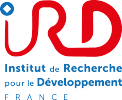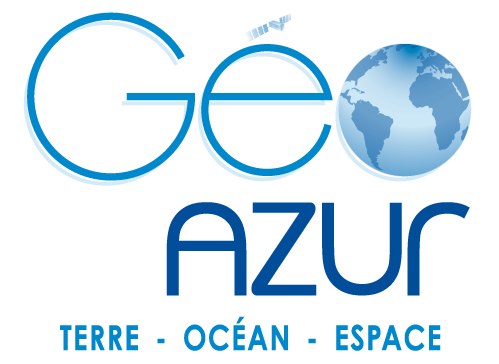How citizens enable seismic monitoring in a country like Haiti, where the institutional system has trouble functioning
Résumé
The disastrous situation in Haiti, marked by escalating insecurity, failing institutions, and widespread gang control in the capital, severely hampers effective management of the country's natural hazards both now and in the foreseeable future. Yet earthquakes – or hurricanes and floods – are not going to stop. But at the moment, the Haitian population cannot rely on state institutions to provide reliable information on such events. Without information, rumors tend to circulate, and the idea that nothing can be done becomes prevalent.
In 2018, maintaining an operational seismological network in Haiti was already nearly impossible. As a result, most of the earthquakes felt by the population remained uncharacterized. Today, the country is monitored by about 25 stations connected in real time and providing reliable information on all earthquakes of magnitude greater than 2.3. The information is openly available on a website (https://ayiti.unice.fr/ayiti-seismes/#/) and is relayed by various Haitian and international social networks. The success of this real-time monitoring comes from the new approach adopted. Instead of being managed by a state institution, the stations (plug and play Raspberry shake instruments) are entrusted to volunteer citizens, whose mission is to keep their station connected to electricity and the Internet – which they anyway need for their own daily activities. It's thanks to them that the network can operate, even under the harsh situation in Haiti.
While a central organization, such as university laboratories, still coordinates station installation and maintenance, the decentralized network requires fewer personnel, resources, and field visits. Data management follows conventional procedures, including automatic processes verified remotely by seismologists to minimize errors.
This presentation highlights the ayitiSeismes network's contributions: (1) real-time information dissemination to the population, (2) enhanced understanding of active faults and earthquakes in Haiti, and (3) fostering a community of citizens engaged in environmental monitoring, risk reduction, and combating misinformation.
Domaines
Sciences de la Terre| Origine | Fichiers produits par l'(les) auteur(s) |
|---|




